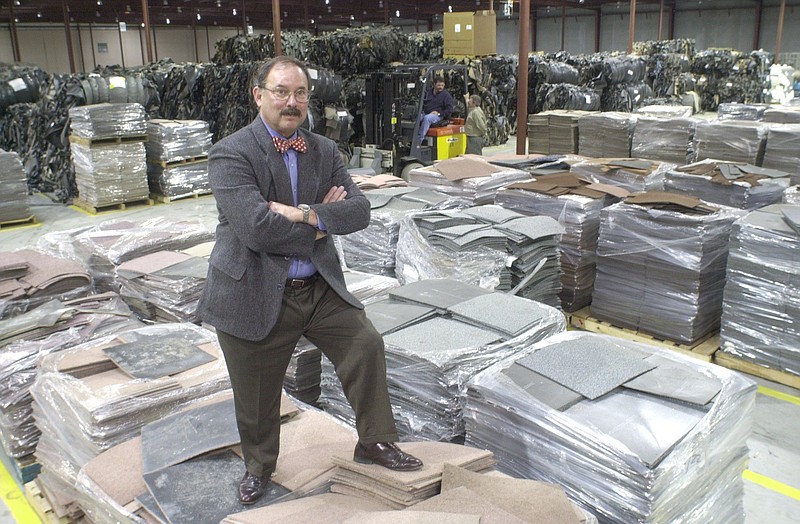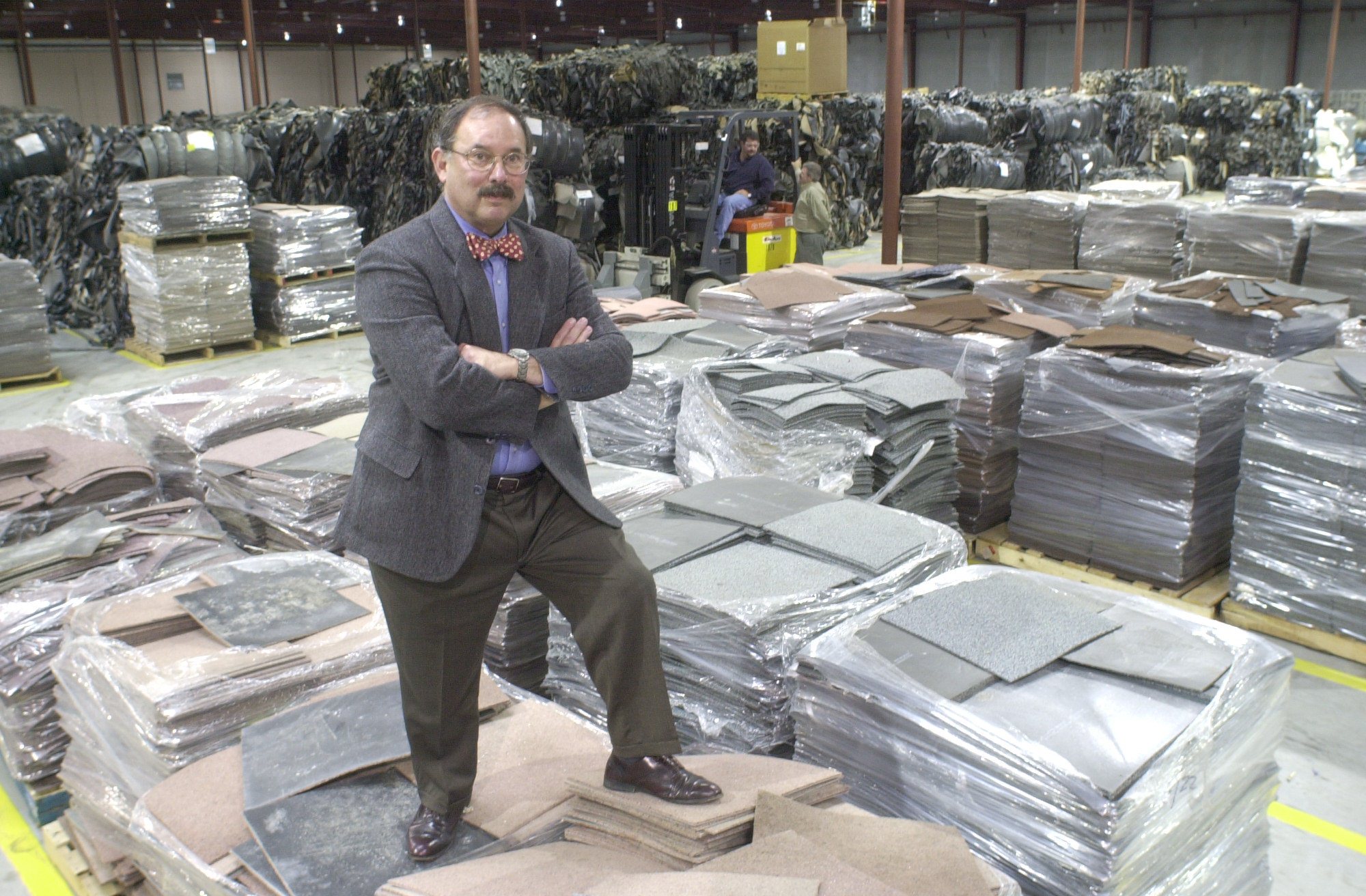Chattanoogan Dobbin Callahan is a hotel consultant who helps hospitality companies recycle barely used soap to help in needy, Third World countries.
As president of Skye Con and chairman of the Greater Chattanooga Hospitality Association's Green Committee, he first helped local hotels, and later many others, keep thousands of soap slivers out of landfills. Instead they are sanitized and reprocessed into new bars for export to needy African countries.
Tobias Garske is a public manager in Hamm, Germany, who has helped revitalize an old German tradition: the wedding forest. In an updated tradition, a requirement for a marriage license in Hamm is to plant a tree in a designated urban green area.
Those stories are just two of many shared by representatives from four German cities and four American cities - including Chattanooga - during a three-day conference here last week.
The conference, titled "Local Initiatives in Climate Protection and Renewable Energies in Germany and the U.S.," was organized with a dual purpose: to reinvigorate the Sister Cities program and to examine successful energy-efficient policy and programs.
Chattanooga is a sister city of Hamm. The other sister cities at the conference were Los Angeles and Berlin, Chicago and Hamburg and Columbus, Ohio, and Dresden.
In the seminar, some 40 participants shared ideas, successes and cautions about leading their cities toward sustainability.
The Americans described the U.S. push for sustainability as being one of "from the bottom up" because Congress is locked in partisan debate over anything environmental or economic.
In Germany, on the other hand, energy policy is determined "from the top-down," with little imagination and innovation from the public, participants said.
But something common in both countries is the avoidance of the words "climate change."
"Even in Germany we signal those words," Garske said.
In America, even the word "sustainability" can be a political landmine, participants said.
"Here it's not about sustainability. It's about sustained development," said David Sachsman, who holds the West Chair of Excellence in communications and public affairs at the University of Tennessee at Chattanooga.
In Germany, where the government drives energy policy, much of the land is designated "green" and cannot be developed in a sprawling manner. The result is denser populations that can be served by public transportation. Also in Germany, electricity consumers can drive utilities toward more renewable energy and/or lower cost by price-shopping for an electric rate.
American consumers, however, cannot price-shop for electricity and must find savings incentives in their purchases of better appliances or with their actions.
"If it's fun, people will do it," said David Crockett, chief of Chattanooga's Office of Sustainability. Crockett was reacting to Garske's wedding forest project.
As the conference drew to a close, President Barack Obama and former President Bill Clinton announced a $4 billion administration energy efficiency initiative designed to address the current weak economy without having to seek congressional approval.
The new program would renovate government and private sector buildings with payoffs in fuel savings over time. The goal is to improve energy performance by 20 percent by 2020 and generate 50,000 jobs.
The government will commit $2 billion, and a coalition of corporations, labor unions, universities and local governments will undertake the other half, Obama and Clinton said in a Washington news conference.
Crockett said Friday evening he had not yet read the requirements of the new program, but Chattanooga already has performed energy audits of city-owned buildings and should be ready to make some changes.
"I hope we're eligible for some of these funds, but one way or another, and with or without grants, the savings will justify retrofits," he said.

